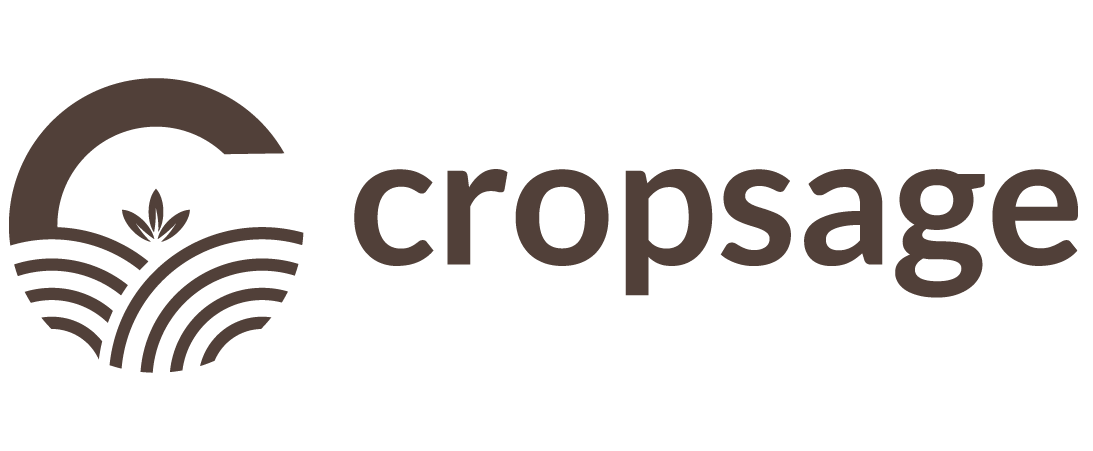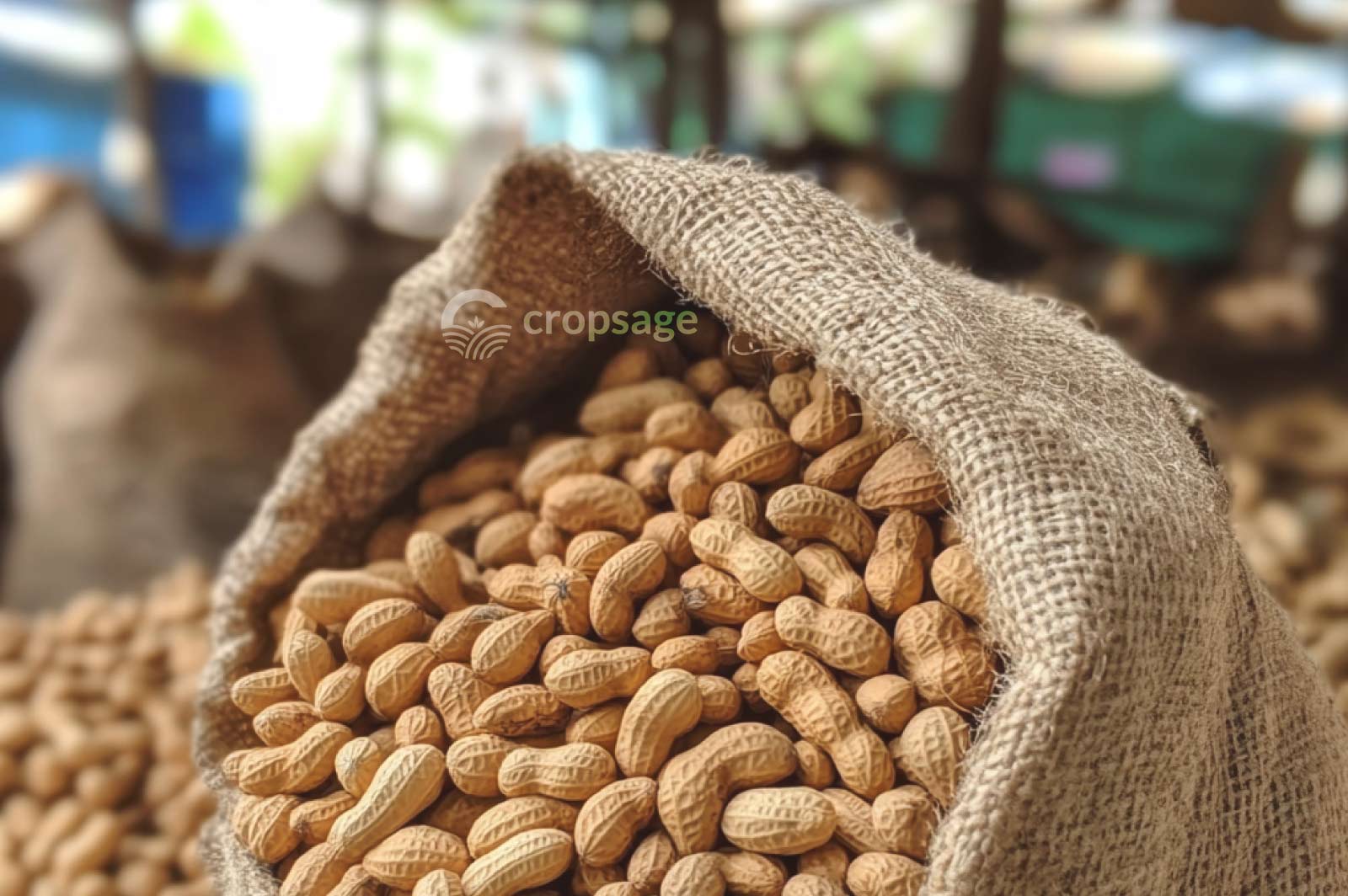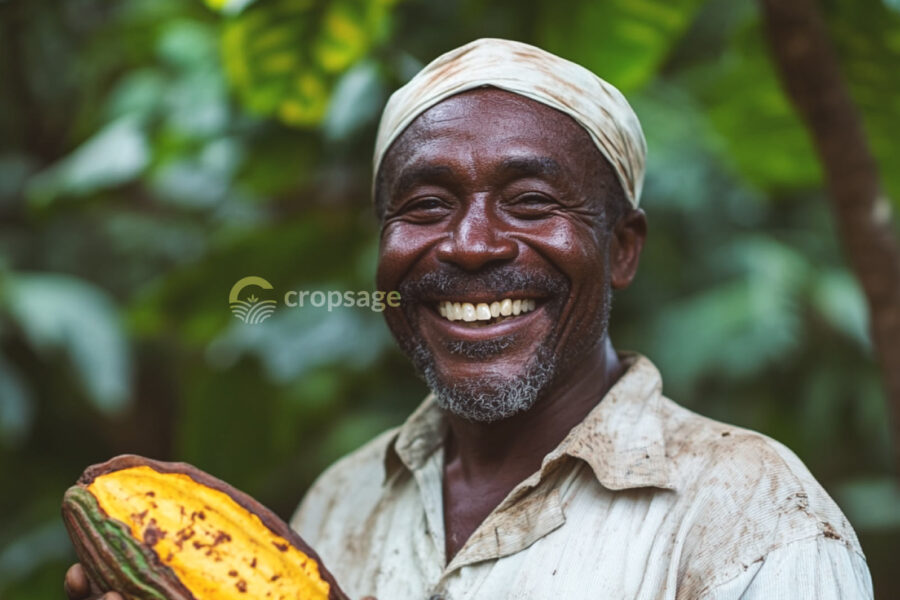Nigeria’s agricultural sector holds immense potential, underscored by its rich natural resources and diverse climate, making it suitable for cultivating a wide range of commodities. Recent trends and emerging opportunities indicate a promising future for agricultural commodities in Nigeria.
Emerging Trends in Nigerian Agriculture
One of the notable trends in Nigerian agriculture is the increasing export of various commodities. In the third quarter of 2023, Nigeria exported goods worth N10.35 trillion, marking a 60.78% increase from the previous quarter. This growth is partly due to the significant devaluation of the naira, which made Nigerian exports more competitive globally.
Top Export Commodities
Nigeria is a leading exporter of several agricultural commodities. Key products include:
- Cashew Nuts: Both shelled and in-shell cashew nuts are major exports. In 2023, shelled cashew nuts exports were valued at N84.24 billion, while in-shell cashew nuts reached N109.93 billion.
- Sesame Seeds: Nigeria exported sesame seeds worth N253.69 billion in 2023, reflecting the high demand for this commodity.
- Cocoa Beans: Superior quality cocoa beans were Nigeria’s top agricultural export in 2023, with an export value of N258.45 billion.
Opportunities for Growth
Several factors contribute to the optimistic outlook for Nigeria’s agricultural sector:
- Government Initiatives: The Nigerian government has implemented various policies to support agriculture, including subsidies, improved infrastructure, and access to financing for farmers. These initiatives aim to boost productivity and enhance the competitiveness of Nigerian agricultural products on the global market.
- Technological Advancements: The adoption of modern farming techniques and technologies is transforming the agricultural landscape. Precision farming, improved seed varieties, and efficient irrigation systems are increasing yields and improving the quality of produce.
- Expanding Markets: The global demand for organic and sustainably sourced products is rising. Nigeria’s agricultural sector is well-positioned to tap into these markets, given its diverse range of organic produce and sustainable farming practices.
- Private Sector Involvement: Increased investment from the private sector, including foreign investors, is driving growth in the agricultural sector. Companies like CropSage are at the forefront, partnering with local farmers to source, process, and export high-quality commodities.
Nigeria’s Competitive Advantage
Nigeria’s competitive advantage in the agricultural export market lies in its diverse agro-ecological zones, which allow for the cultivation of a wide variety of crops. Additionally, the country’s strategic location provides easy access to international markets.
CropSage: A Player to Watch
CropSage is emerging as a key player in Nigeria’s agricultural export space. With a commitment to sustainability and quality, CropSage partners with local farmers to implement eco-friendly practices and ensure the highest standards in sourcing, processing, and supply. The company’s extensive network and rigorous quality control processes ensure that buyers receive the best products.
As the future of agricultural commodities in Nigeria looks bright, CropSage stands ready to meet the growing global demand. Interested international buyers can contact CropSage to explore opportunities by clicking the button below.




